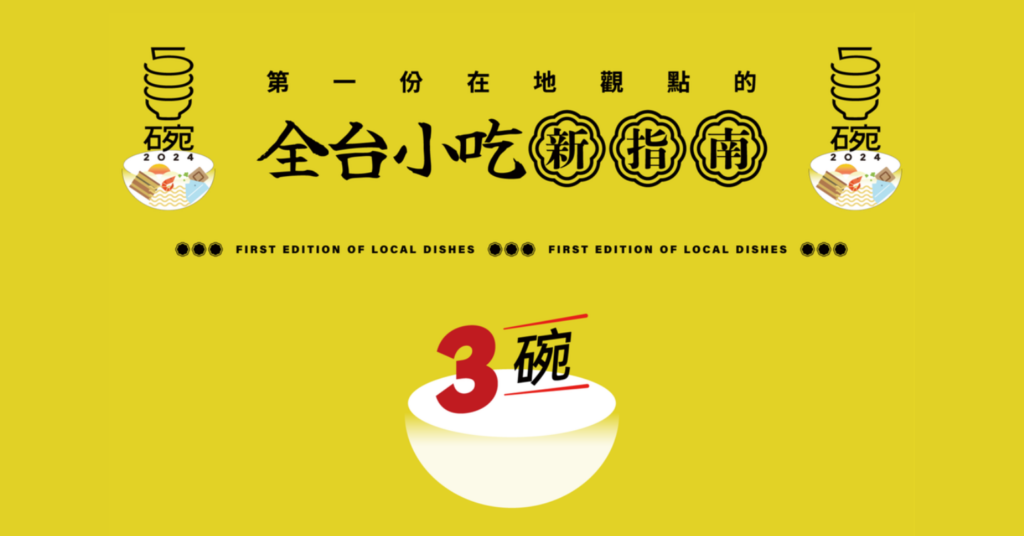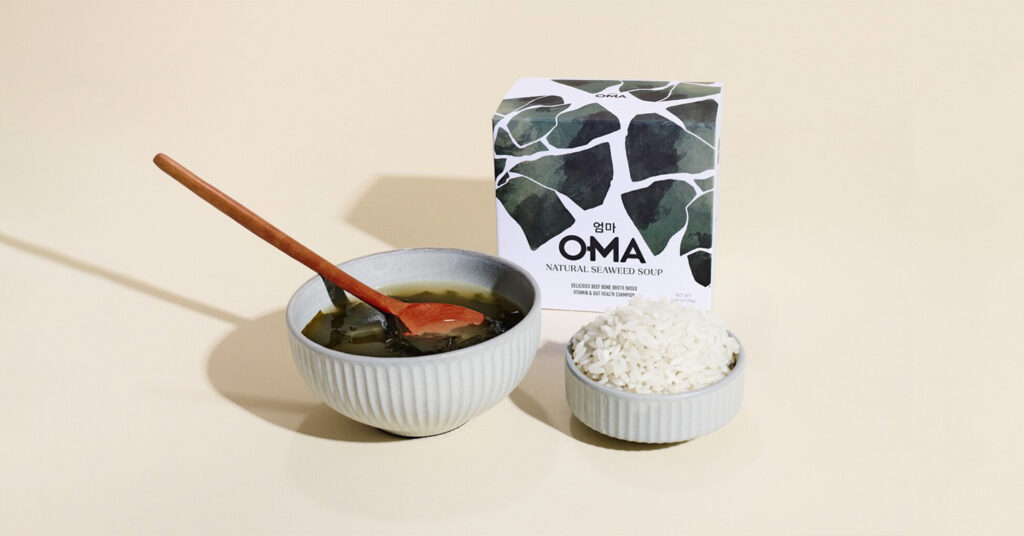Hoping to educate Asian Americans about foods founded in their cultures that they may have once taken for granted, the New York-based brand, Bo-yi helps us take a step back and look at our cultural identities. Inspired by traditional Chinese medicine and Cantonese soup culture, Bo-yi is a modern take on the herbal practice that aims to bring healthy, alternative superfood teas to everyone. In our Zoom conversation with Bo-yi founder, Tiffany Leong, we find out what Asian American representation means to her and the inspiration behind Bo-yi.
Behind Bo-yi
“Bo-yi was the middle name that I tried to hide away when I was younger because it was spelled as Bo-yee.” Leong shared as she recalled her memories of being teased for her name pronunciation in primary school. Growing up in Texas, Leong suppressed many parts of her Chinese identity to fit in with her community. She said, “I would wake up earlier to pack lunch for both my sisters. I made ‘American’ lunches which were sandwiches made with white bread, Miracle Whip, and ham because that was seen as ‘normal.’”
By using her middle name as her brand, Leong is learning to embrace a part of herself that she wasn’t able to do when she was younger. To Leong, Bo-yi is more than just a wellness brand, it is also a part of her, and the journey of growing with Bo-yi has also allowed her to learn more about herself and the community that she is in.
“This feels so Chinese!”
“As an Asian-American, I always joked how making herbal soups and teas was the most ‘Chinese’ thing that I would do every weekend.” Leong shared with a light laugh. “I often invited my friends over to my place and they would also say the same thing.” Soup may be a familiar dish to everyone around the world, but in East Asian cuisine, in particular, soup is accompanied with almost every meal. Cantonese soup goes beyond just taste, with careful considerations made according to weather changes and what would benefit the body. Soup is essential in Guangdong cuisine because of the humid climate that envelopes the place. With a customized mixture of herbs, dampness can be removed to allow the body to feel its best.
“When superfoods were becoming a ‘trend’ with matcha blowing up and the sudden rise of ‘turmeric lattes.’ I wondered about the superfoods I grew up with. We didn’t call our herbs superfoods, but those were what they essentially are. So I thought, why was it that the Asian superfoods I grew up with didn’t have the same representation and popularity as the others?”
A Celebration of Asian-Americans
As the market calls for more representation of the diverse population, AAPI brands such as Lunar and Yishi Foods are inventing their own shelves in supermarkets. “Bo-yi itself is in a new category; it doesn’t fit in with the wellness bracket entirely nor does it fit into the bubble tea bracket. We’re hoping to introduce Chinese herbs and educate others on the culture that we grew up with.” Before matcha and turmeric became widely known superfoods, the two ingredients were niche to their own cultures. Through joint efforts from both sides, the consumer and the producer, the relationship has allowed for a new revelation in flavors and culture.
Leong finished by sharing her own personal experience of becoming more appreciative of her own culture. “There’s a really beautiful part of Chinese traditions that is both good and healthy for you. Therefore, it’s important to spotlight the parts that we really cherish in our cultures and not keep them hidden away so that we can have conversations about it and keep the culture running.” Bo-yi hopes to continually share Cantonese herbal medicine with the Asian-American community and beyond as a new way of slow, alternative healing.
Want to read more about cultural exchanges? Check out our artist spotlight on XTIE here.




